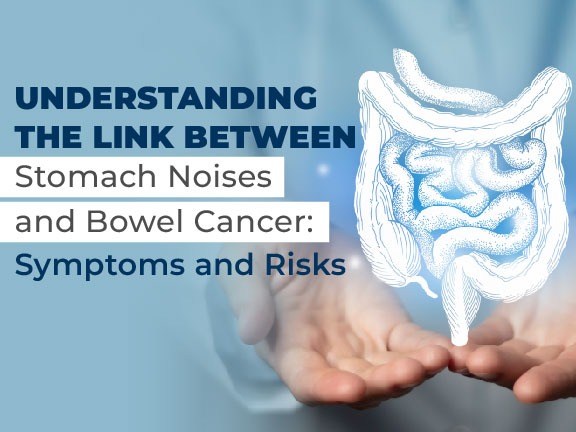Bowel cancer stomach noise, the association of bowel cancer with stomach noise, is not usually considered a direct symptom of cancer, but in some cases it can be a factor to watch out for. Bowel cancer, also known as colorectal cancer, is a serious medical condition that affects the large intestine (colon) or the rectum.
Bowel cancer stomach noise, though not typically considered a direct symptom of the disease, can sometimes be a factor worth paying attention to in the context of bowel cancer. Bowel cancer, a type of cancer that starts in the colon or rectum, can present a variety of symptoms. These symptoms include blood in the stool, changes in bowel habits, and persistent abdominal pain. While stomach noise, commonly referred to as bowel sounds, is a normal part of digestion, certain changes in these sounds or other symptoms may raise concerns related to bowel health, including cancer.
Does Bowel Cancer Cause Stomach Noises?
Diseases of the digestive system are quite diverse. Most of them are short-term problems that are easily treated or resolved with diet. However, more serious problems, such as colorectal cancer, can also occur.
Stomach noises, which can range from mild rumbling to loud gurgling, are common in the digestive tract. These sounds are usually a normal part of digestion, but they can sometimes signal more serious conditions. It’s important to differentiate between harmless stomach rumbling and symptoms that might indicate the presence of cancerous cells.
Colorectal cancer typically affects the large intestine and can manifest through various symptoms, including stomach sounds. While these sounds alone do not confirm the presence of bowel cancer, they should be considered, especially if accompanied by abdominal pain or changes in bowel habits.
It’s crucial to note that stomach noises can also be symptoms of conditions like food allergy or inflammatory bowel disease, which includes ulcerative colitis and Crohn’s disease. These conditions have symptoms that might mimic those of bowel cancer, including bowel sounds.
Understanding the risk of bowel cancer is important. Factors like a family history of bowel cancer can significantly increase an individual’s risk. Recognizing the early warning signs, including changes in bowel sounds and abdominal pain, is key to early detection.
When examining potential symptoms including those related to bowel cancer, it’s essential to consider all aspects, such as gurgling stomach. In some cases, these could indicate a bowel obstruction, a serious condition often associated with advanced bowel cancer.
In conclusion, while stomach noises in themselves are not a definitive indicator of colorectal cancer, they should not be ignored, particularly if you have risk factors like a family history of bowel cancer. Being aware of the warning signs and consulting with a healthcare professional if you experience persistent or unusual stomach sounds is crucial. Early detection and understanding the risk of developing bowel cancer are key to effective treatment and management.




